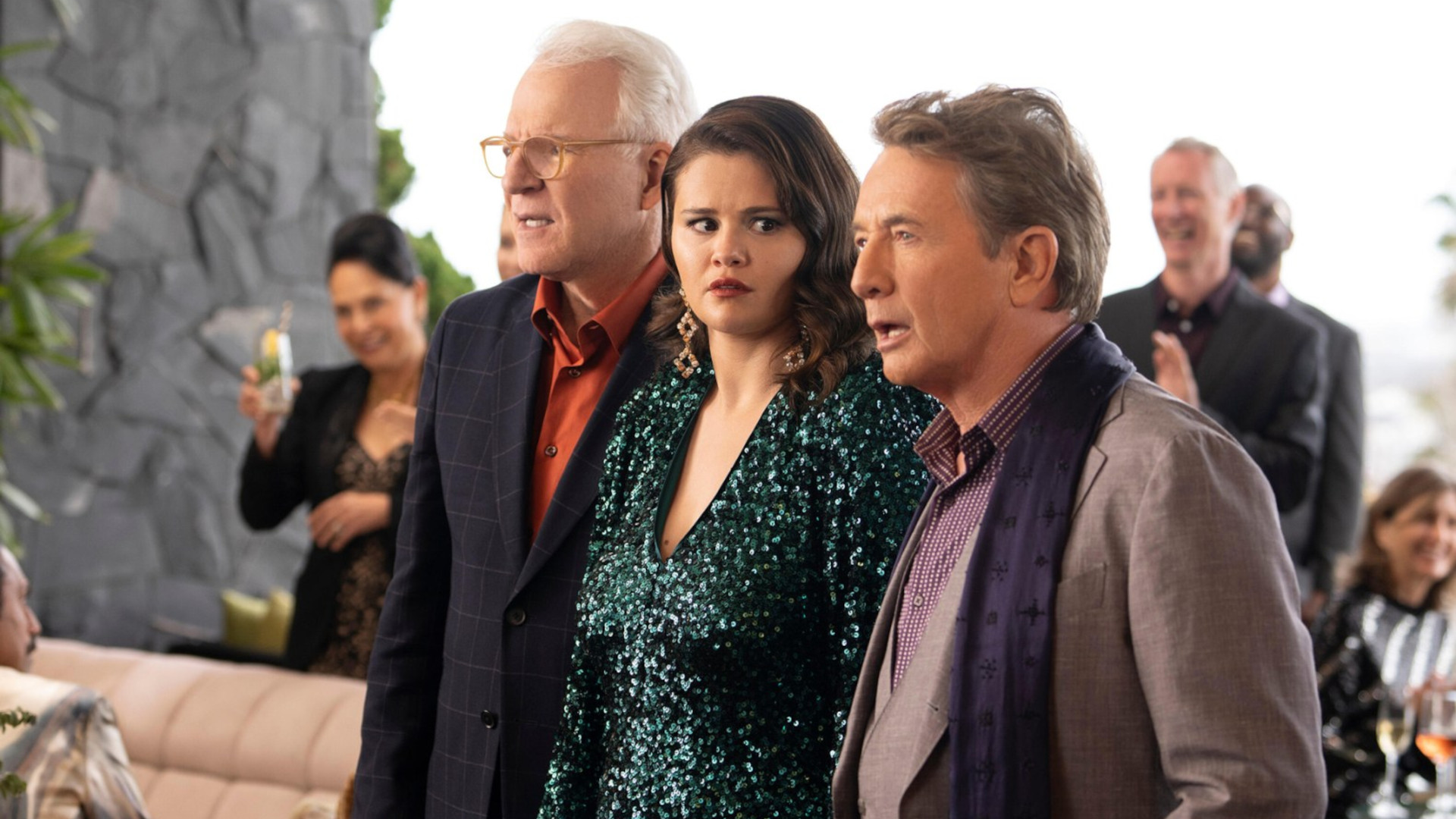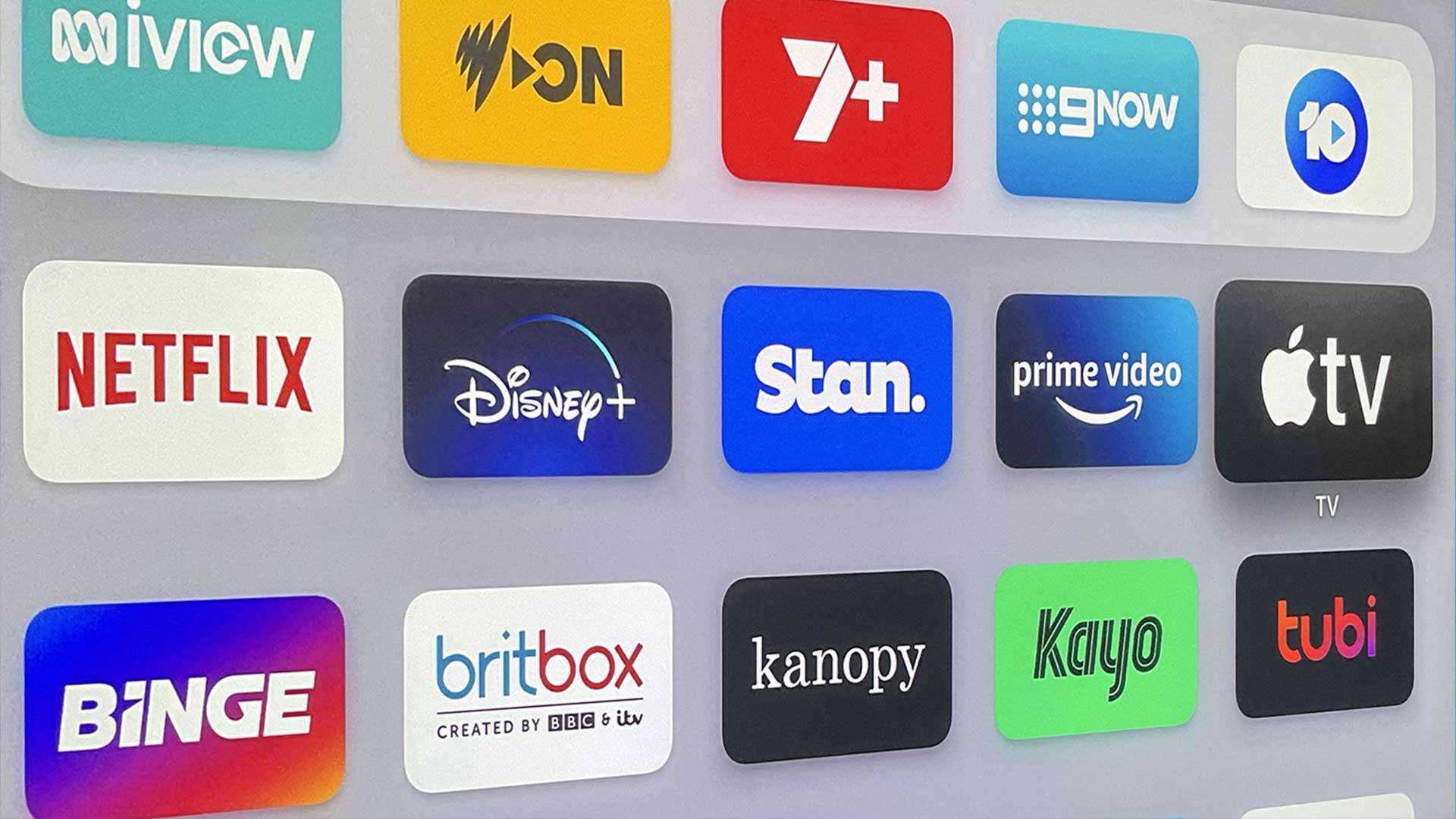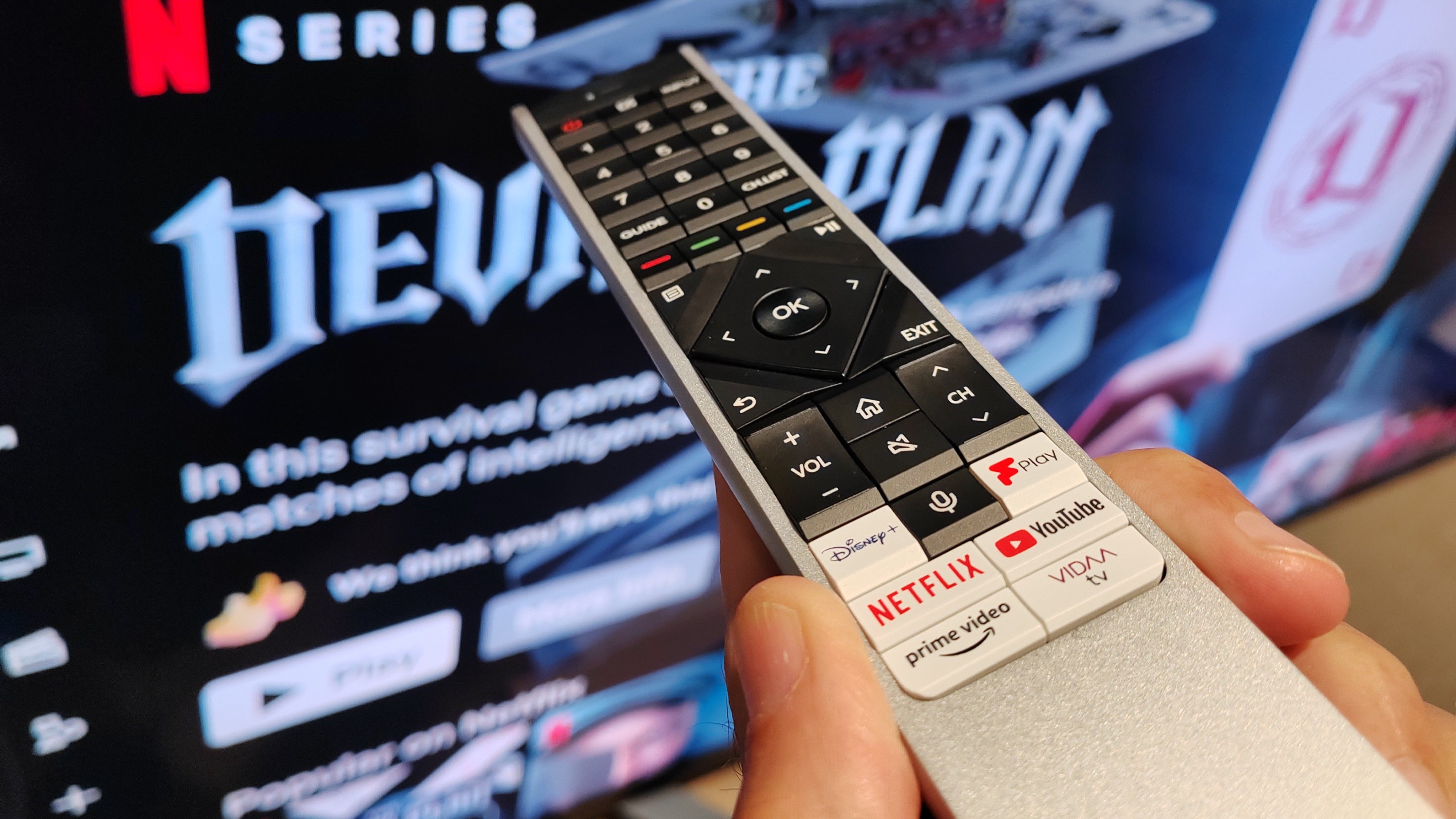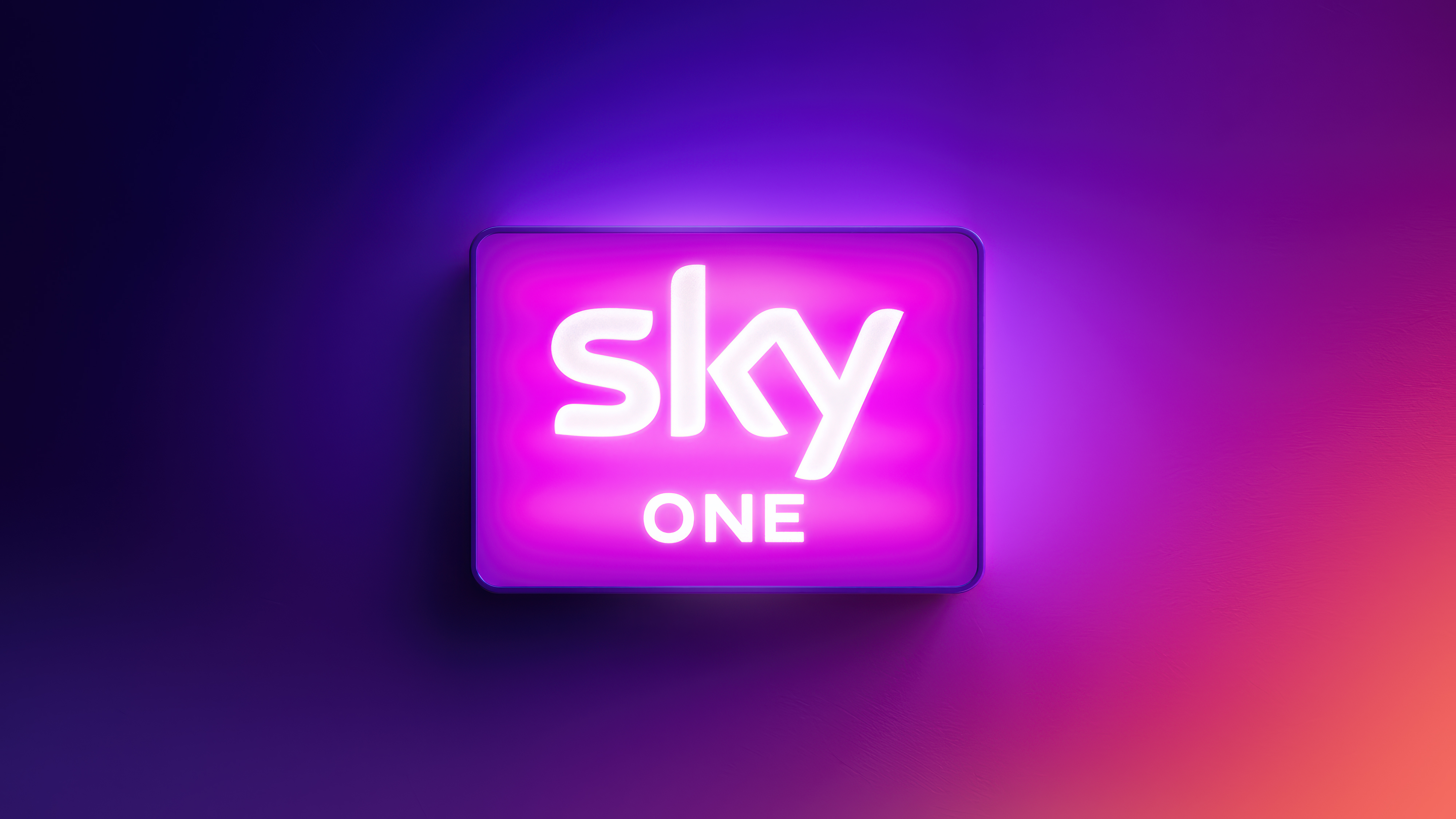Digital piracy is on the rise – and I can see why
Streaming just keeps getting worse...

The latest hi-fi, home cinema and tech news, reviews, buying advice and deals, direct to your inbox.
You are now subscribed
Your newsletter sign-up was successful
Remember when streaming was the future of TV? Yeah that didn't happen. Increasingly, the ‘future of TV’ resembles the TV of old, but worse – more expensive, more fractured, more adverts. Is it any wonder that piracy is on the rise?
Because that's what's happening. According to London-based piracy monitoring firm Muso, piracy website visits for illicit streams were 216 billion in 2024, up from 130 billion in 2020 (though they were very slightly down on 2023).
It's particularly big in Sweden, with 25 per cent of people surveyed admitting to their piratical ways, according to a recent report in The Guardian. And that's only the ones who admitted to it.
Sweden is of course home to The Pirate Bay as well as Spotify, which were respectively both the disease and the supposed cure to our current copyright conundrum. So is this the start of a backlash against the big streamers? And what went wrong? I can think of a few bumps along the road…
Why are people pirating content? Because they arrrr

Now I'm at pains to say of course that neither I, nor anyone at What Hi-Fi?, endorses piracy of any sort. Much like its analogue equivalent counterfeit vinyl, it's a practice that harms the creative industries, driving prices up for us all, and in some cases rewarding criminal gangs.
It does a lot of harm, and if you're cheesed off with your streaming options at present, there are more effective ways to register your discontent – cancelling your subscription and buying physical media such as Blu-rays and vinyl records, for example.
But while I'm not in favour of piracy, I can certainly see why people practise it. Some people just don't want to pay for anything, of course; but most people just want a decent service that doesn't annoy them, and will happily pay a fair fee for it.
The latest hi-fi, home cinema and tech news, reviews, buying advice and deals, direct to your inbox.
Unfortunately, the streamers have consistently made their services worse over the years, and all while raising prices.
Don't know what I'm talking about? Let's recap.
A brief history of Prime (and other streamers)

When Netflix launched its first original series House Of Cards in 2013, its then-star, Kevin Spacey, was adamant that streaming was the future of television.
Why? Because Netflix had “learned the lesson the music industry didn't learn: give them what they want, when they want it, in the form they want it, at a reasonable price,” he told the BBC's Front Row the following year.
Netflix has continued to grow, but no one would argue it's a better service now than when it first launched. In fact, I would say that pretty much every streaming service has got worse since launch. Which is staggering when you think about it.
Netflix stopped users from sharing their passwords (when it had previously tweeted "Love is sharing a password" in 2017), while also cracking down on their use of VPNs (virtual private networks).
This double-whammy stopped people from using their friends' and loved ones' accounts while also preventing them from accessing the global Netflix catalogue, instead being restricted to what it currently holds the rights to in their territory. Which could change at any time.
The other streamers duly followed suit.
Netflix also introduced adverts to its service in October 2022, and again, the others followed suit. This one particularly stings. In the olden days of terrestrial TV, a channel was either free with ads (ITV and Channel 4/5) or paid-for (the BBC). But the streamers make you pay to see ads. And how is that better, exactly?
This was particularly egregious in the case of Prime Video. Because not only did it start charging to get rid of ads (on top of the entry-level fee you're already paying, either for the standalone service or as part of your Amazon Prime subscription), but it also removed Dolby Vision and Atmos access from its cheapest tier.
Which prompted a furious response from our TV and AV editor Tom Parsons.
Free trials have all but disappeared – Netflix and Disney+ used to offer them, now only Prime Video and Apple TV+ do. And new episodes of series increasingly drop weekly rather than all in one go – I'm currently waiting impatiently for the next episode of Only Murders In The Building series five. Whatever happened to bingeing?
And all of these changes have come about while prices continue to rise. We're being charged more for a worse experience.
I guess the streamers would say in reply that their content libraries have grown over that period, which means more choice of what to watch. But isn't that a given? Otherwise they would be like TV channels that show only repeats.
Admittedly music streaming services have fared better. Most have introduced better-quality listening at no extra fee (like Spotify Lossless, which finally launched last week just eight years late). But given the frequency of price rises – Spotify has hiked its prices every year since 2023 – I would argue that the extra cost is already priced in.
Then there's the leasehold arrangement that streamers subscribe to, which means you never actually own your content. The second you stop paying it all disappears. Add to that the fact that each service has its own exclusive content so you can't get everything from one provider, which means multiple subscriptions, and really, is it any wonder people have had enough?
Shifting plates in the streaming landscape
This can't continue. Surely something has to change. We're due a reckoning, either with some services closing or being taken over by their bigger rivals. But less competition would only make things worse, as there would be less incentive for those remaining services to improve.
To paraphrase George Orwell, if you want a picture of the future of TV, imagine a boot stamping on a remote control – for ever. I can't condone anyone using pirate sites. But I can certainly empathise.
MORE:
Or should it “least bad”? Our pick of the best streaming services for TV and movies
The best music streaming services
How to get streaming services for free – completely legally!
Joe has been writing about tech for 20 years, first on staff at T3 magazine, then in a freelance capacity for Stuff, The Sunday Times Travel Magazine (now defunct), Men's Health, GQ, The Mirror, Trusted Reviews, TechRadar and many more. His specialities include all things mobile, headphones and speakers that he can't justifying spending money on.
You must confirm your public display name before commenting
Please logout and then login again, you will then be prompted to enter your display name.

